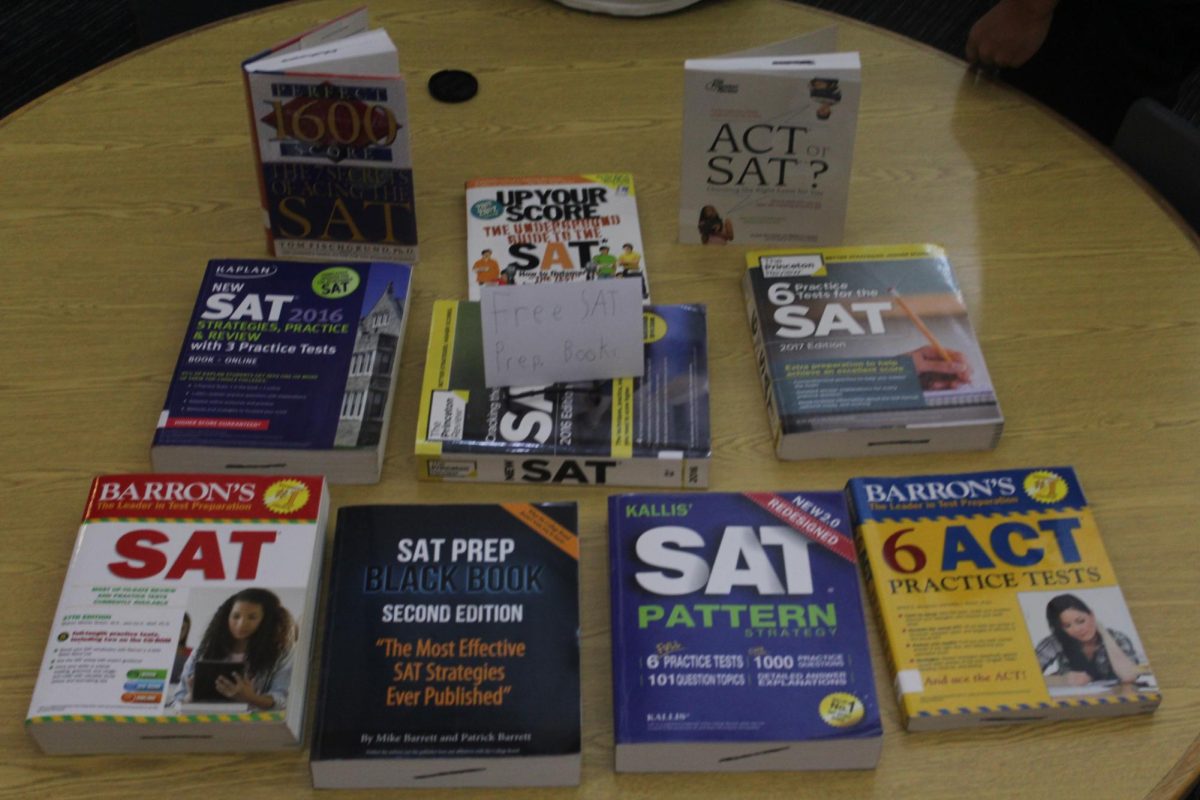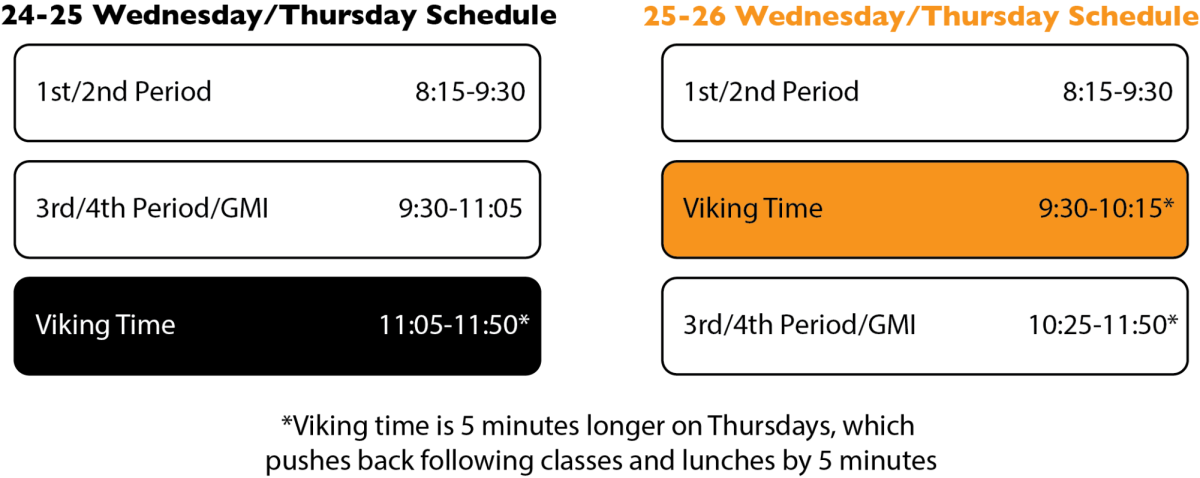Universities nationwide, such as Harvard, Brown, Dartmouth and Northwestern, have started requiring standardized test scores again from undergraduate applicants. In a Nordic News survey of 95 students, 49 percent said they plan to submit SAT scores to colleges. College and career counselor Jim Allen (he/him) said that test scores can be a helpful tool for more competitive universities to determine an applicant’s fit for the school. However, he said media portrayal has made the change more stressful for students than it should be.
“It makes some sense for your really competitive schools – the schools that are admitting fewer than 10% of their applicants – because these schools have to reject so many students,” Allen said. “Some schools feel like they get good information from them, but it’s a lot bigger news than it actually is.”
Allen said that although several Ivy Leagues and other prestigious universities require test scores, he thinks many universities will remain test-optional.
“There’s not a whole lot of schools who have actually returned,” Allen said. “It’s just that there’s some big name ones that are returning to it, and so that’s made the difference. I think we’ll see a trickle of schools that will continue to add it, but the majority will stay optional.”
Contrastingly, this sudden change has caused some students to worry that more colleges will also start requiring test scores. Junior Maanya Venkat (she/her) said that many students applying to Ivy League universities, including herself, have been studying hard to score higher on the SAT now that scores are required. The short notice to cram for the test has caused stress for some students, including Venkat, who said that she needs longer periods of time to study.
“While I understand the logic behind bringing back the SAT, I don’t know if it reflects student academic performance well,” Venkat said. “One of the things that I learned while studying for the SAT is that it only teaches you how to master the SAT. There’s only a certain amount of content that you learn, and I find it excruciatingly tedious.”
Although she said it is understandable for colleges to require test scores to make applicant decisions easier, Venkat said that she feels it is not an adequate determinant of a student’s academic ability.
Allen said the reality is that standardized testing is just another assessment of a student’s academic achievement. It is a good idea to take the test, he said, but unless the student is aiming for an Ivy League school, it should not be a major source of anxiety.
“Student stress is one of the reasons this is an important topic to me, because there’s still a lot of parents who don’t quite believe that it’s not that important, or students overly worry about it,” Allen said. “There’s still well over 80% of the colleges and universities in the country that are test-optional or test-blind.”
Despite the reassurance that colleges consider factors beyond standardized testing, Venkat said the stress is still significant. Although studying for the SAT is tedious, she said she is motivated to continue because she holds to a high standard her future career and higher education.
“I know if I don’t have a score that doesn’t make me competitive, there is a lesser likelihood that I’m going to get in,” Venkat said. “For me, the motivation is solely just to get into a good school where I know I can succeed.”











